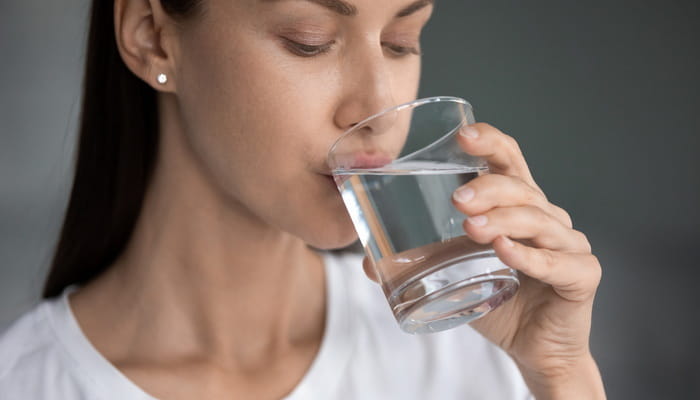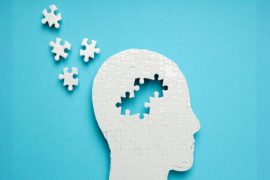Зміст
From the land of the cherry blossoms we often receive various fashions, styles, philosophies and rituals, both those that contain a lot of wisdom and those that are stranger and more incomprehensible to those from Europe.
The Japanese water diet is another interesting fact worth noting. Contrary to what it may seem, this is not a miracle weight loss diet based only on drinking water or fasting of any kind! So, what are the secrets of the famous Japanese water diet?
The most important thing is water
The name of the diet in question clearly indicates that, according to Eastern experts, water is a key element of a healthy diet. Clean, high-quality water should be the main way to hydrate the body, and any other, even healthy liquids, such as juices, smoothies or teas, can only be a valuable addition to the diet.
Principles of the Japanese water diet
As we mentioned, this is not a typical diet, so there are no lists of sample meals, methods for selecting ingredients, or counting calories. There is a set of rules that, according to this Japanese concept, if followed, will improve health and well-being.
And here they are:
- Immediately after waking up on an empty stomach, start rinsing your mouth with warm water. In this way, we get rid of some of the impurities that have accumulated in the mouth overnight, while cleansing with saliva occurs less actively.
- Your first morning “meal” should be water. Ultimately, the recommended amount is 650 ml, but you can start with a smaller amount, such as one glass (250 ml), and gradually increase the amount each day. Warm water, entering the digestive tract, first relaxes the muscles of the digestive tract, making digestive juices easier to drain and improving the digestion process.
You can add mint, a pinch of salt, and lemon juice to the water.
- It is best to have breakfast after about 45 minutes, and do not drink anymore.
- During the day, we drink a lot of water (2-3 liters) and adhere to the following drinking rules: approximately 20–30 minutes before meals and 1.5–2 hours after meals. This rule also applies to other liquids, since drinking during meals complicates digestion by diluting enzymes in saliva (the mouth is the place where the initial digestion of carbohydrates occurs; you should chew a piece for a long time without “diluting” it) and gastric juices (without drinking, the stomach has the best conditions for obtaining a high concentration of hydrochloric acid necessary for the digestion of proteins, in particular).
You should also drink a glass of water about 30 minutes before bed.
As for the menu itself:
- Recommended foods include minimally processed fresh vegetables and fruits, lean meats and fish, eggs, dairy products and whole grains.
- All sweetened drinks, highly processed foods, especially those high in salt and fat, sweets and salty snacks should be excluded from the menu.
- We don’t eat extra snacks between meals. If we feel hungry, it is always better to drink something first (preferably water) so as not to confuse hunger with thirst.
Drinking water quality
As you can see, the Japanese water diet is actually a way to properly hydrate your body and learn to drink water consciously. While making sure you’re properly hydrated, it’s also important to be mindful of the good quality of the water you drink.
Effects of a water diet
Taking a mindful approach to proper hydration and paying attention to the quality of the food we eat should have a positive impact on our health. Promoters of the Japanese diet call its advantages:
- Weight loss. Drinking enough fluids at regular intervals after meals can help you lose weight since you will need to plan your meals instead of snacking in between.
- Better control of hunger and satiety, since the desire to eat something is often confused with thirst, so extra meals and snacks should be eliminated.
- Improving the condition of the skin is the effect of proper hydration, which we can see with the naked eye faster and easier. No creams can provide skin cells with the necessary amount of water and essential nutrients.
- Overall improved health – each of our organs requires an appropriate amount of water to function properly and, in particular, to get rid of excess toxins. Losing extra pounds will also have a positive impact on our health.
- Increasing your body awareness, including: observing your thirst and hunger cues.
To sum it up: Although the name “Japanese Water Diet” may be mistaken for a typical weight loss diet, when used correctly it will result in weight loss. More importantly, however, this diet should help raise awareness of how important proper hydration and maintaining consistency and regularity in a healthy lifestyle are to our bodies.








